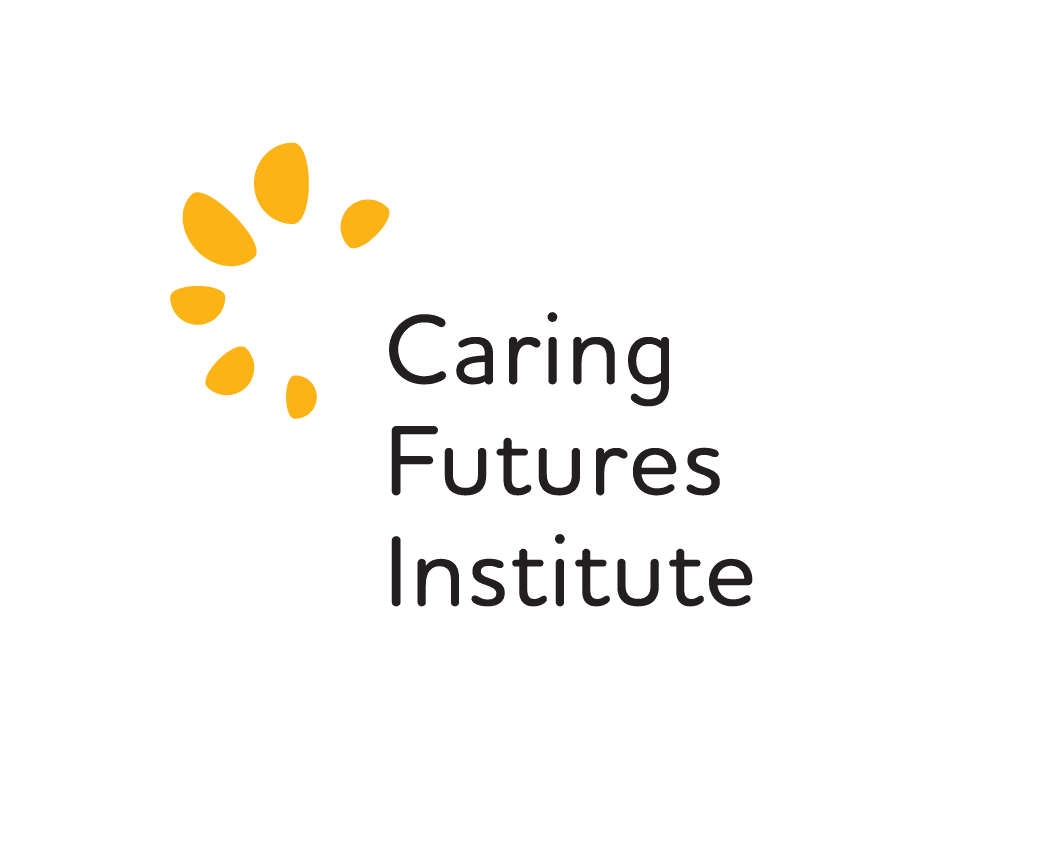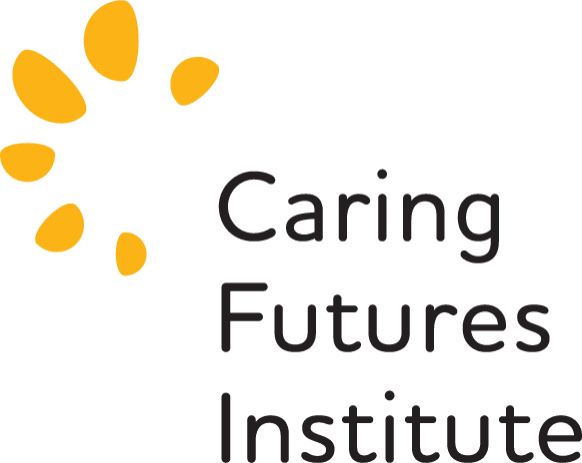Cardiac Care Innovation
Our researchers are committed to generating significant evidence and knowledge within clinical practice to drive real impact for the prevention, diagnosis, and evidence-based care of people with CVD.
Cardiovascular disease (CVD) is the number one cause of death globally, taking an estimated 17.9 million lives each year. CVD is also a health priority for the World Health Organisation. In Australia heart disease kills one person every 18 minutes, equating to on average of 79 persons dying of heart disease every day. This accounts for nearly one in five (17.1%) of all deaths, with more males dying of heart disease than females each year. Besides mortality, CVD accounts for high prevalence of hospitalisation, which is a major cost driver of CVD treatment, leading to a high burden for the health care system.
Our researchers are committed to generating significant evidence and knowledge within clinical practice to drive real impact for the prevention, diagnosis, and evidenced base care of people with cardiovascular disease (CVD). We have a special focus on improving access and care for rural patients, cardiac rehabilitation, atrial fibrillation and associated conditions by means of novel models of care delivery (e.g. integrated care) and the use of digital health.
There is a greater focus to develop self-management tools to ensure quality of life and to prevent future episodes of ill-health or hospital admissions. Our research aims to support people to undertake self-care and active involvement in self-monitoring their heart health, putting the care in the patients’ hands to improve self-awareness, self-efficacy, and independence.

Our Research
Our cardiac care initiatives, led by Caring Futures Institute researchers Professor Robyn Clark and Dr Jeroen Hendriks, have distinct relevance to all communities, especially those in rural and remote areas. The solutions are patient-centred and multidisciplinary and integrate care components through the health care system to ensure continuity, consistency, and the best outcomes for the person with a heart condition.
Our researchers work in collaboration locally, nationally and internationally with agencies delivering care so our research evidence can be translated into better care, as well as with researchers and research associations globally. Our collaborators include Southern, Central and Northern Local Health Networks, SA Health, the Heart Foundation, South Australian Health and Medical Research Institute (SAHMRI) and the Royal Australian College of General Practitioners.
Together we are reimagining cardiovascular care by generating new ways of treating patients and providing care with the aim to improve outcomes. We are a part of the debate on the solutions needed and we prioritise research that is most likely to have important impact.
Read more about our cardiac care research
Our leading researchers in this field

Professor Robyn A Clark
An internationally recognised senior clinician and researcher and Heart Foundation Future Fellow (2016-2019), Robyn is the lead for the Caring Future’s Institute Better Care theme. She is a qualified registered nurse (critical care) with a Masters in Education and a PhD.

Professor Jeroen Hendriks
Jeroen, Heart Foundation Future Leader Fellow (2019-2022), holds the inaugural Leo J Mahar Cardiovascular Nursing Chair and as well as a joint clinical appointment between Flinders University, and the Department of Cardiology at CALHN, Royal Adelaide Hospital.
Partner with us
We can’t reinvent care alone. We need partners across industry, government, and the general public to co-design the projects and new support mechanisms. Let’s work together to understand the building blocks of care in our society.
We can make a difference together.
Be the change.
![]()
Sturt Rd, Bedford Park
South Australia 5042
South Australia | Northern Territory
Global | Online
CRICOS Provider: 00114A TEQSA Provider ID: PRV12097 TEQSA category: Australian University










